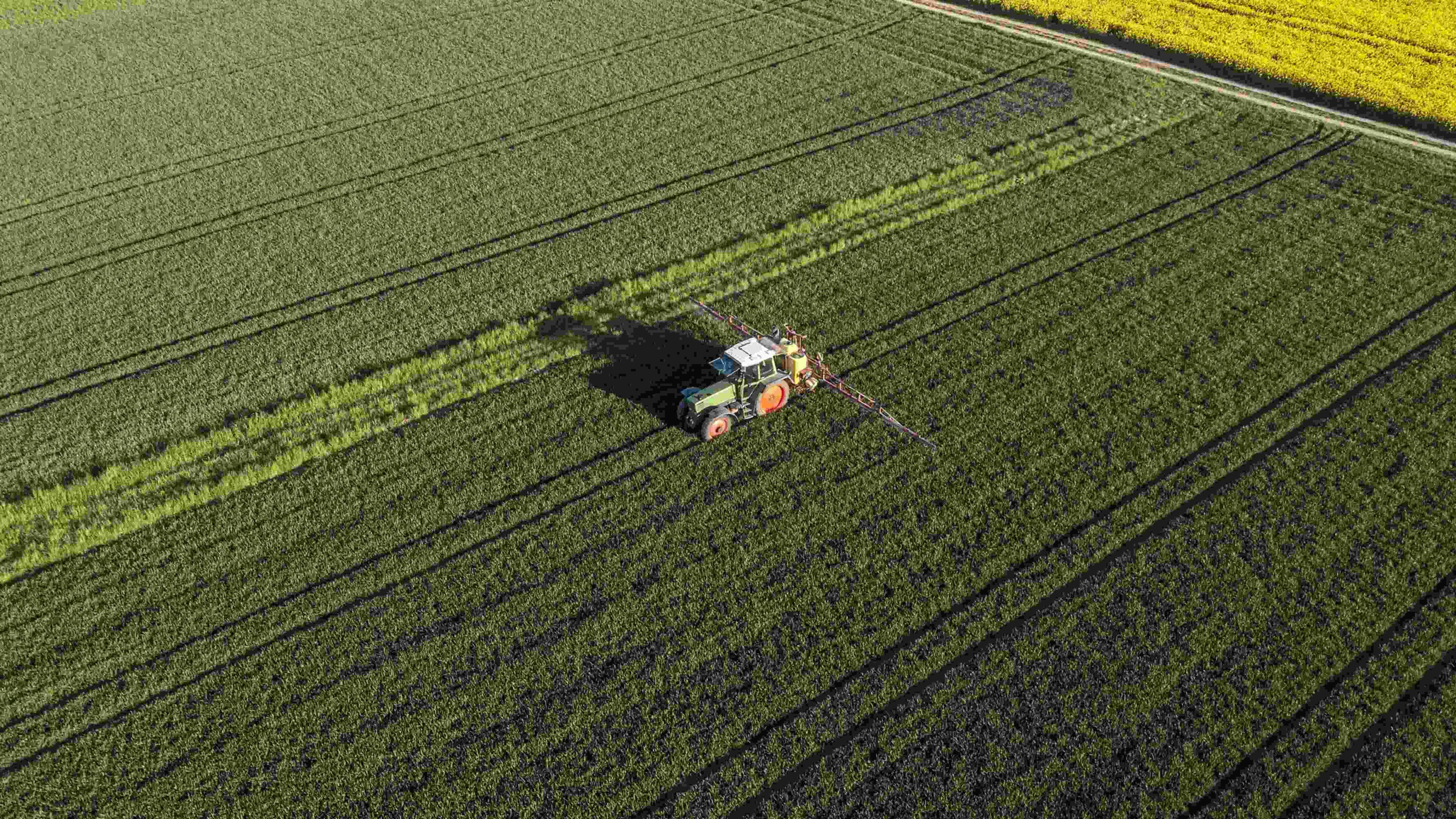Pesticide residue rates drop by 35 pct, says minister
ANKARA

Türkiye has achieved a significant 35 percent reduction in pesticide residue rates over the past years, according to Agriculture and Forestry Minister İbrahim Yumaklı.
Addressing public concerns about food safety, Yumaklı confronted allegations that agricultural products rejected for export due to pesticide residues were being sold in the domestic market.
Speaking to the daily Hürriyet, Yumaklı emphasized the government’s stringent approach to inspections and stated, “If pesticide residues exceed legal limits, those products are destroyed without hesitation.”
Yumaklı highlighted efforts to ensure food safety, noting that 223 harmful substances have been banned and a Residue Action Plan is in place for 11 crops across 13 of the country's 81 provinces, including Adana, İzmir and Antalya.
“We use a sampling method for inspections and are in full compliance with EU standards. In the last three years, 250,000 pesticide samples were analyzed, leading to a 35 percent reduction in residue rates,” he explained.
Yumaklı also revealed that notifications from the EU’s Rapid Alert System for Food and Feed (RASFF) had decreased by 54 percent.
Recently, several Turkish exports faced scrutiny abroad. A shipment of peppers was returned by Germany due to excessive pesticide residues, while a batch of lemons was rejected by Russia for similar reasons. Yumaklı reiterated that such cases represent a minuscule fraction of exports.
To reduce reliance on imports, the ministry is focusing on domestic production. Istanbul, which consumes 25 percent of Türkiye’s food, will benefit from six new Organized Agricultural Zones (OIZs) in the region, designed to cut energy costs and provide fresh produce locally. “We have established 60 OIZs across the country, 40 of which are operational. These zones aim to increase access to safe, undamaged food.”
The ministry is also promoting alternative methods to reduce chemical use in agriculture, covering crops such as lettuce, spinach and citrus fruits.
While farmers are being educated on pesticide use, the ministry is facilitating ways in which citizens can monitor food safety. “We are working on a barcode system by 2025, allowing for citizens to check inspection results for food businesses,” Yumaklı said.
The ministry has conducted high-profile audits, including one at Köfteci Yusuf, a popular chain restaurant, where nonconformities were discovered. “These inspections are not about targeting specific businesses. We act solely in the public interest, imposing fines of up to 10 million Turkish Liras for violations.”
Yumaklı also touched on rising prices in the meat and egg sectors, describing measures to stabilize costs.
“Türkiye is 95 percent self-sufficient in red meat, and only 5 percent is imported. To boost domestic production, we are importing breeding stock from South America and banning the private sector from importing live or carcass meat.” Regarding eggs, he cited disruptions like bird flu and speculative pricing but noted that average prices had stabilized around 4 liras.
















